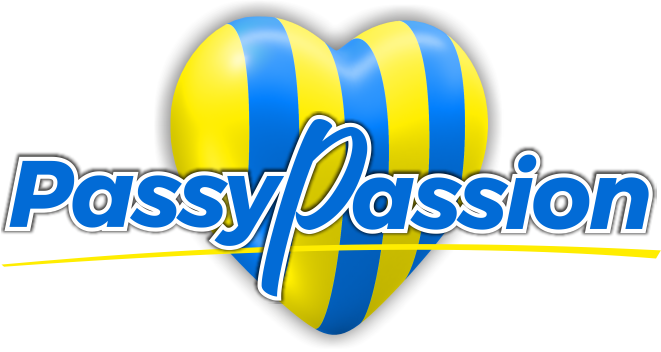harvard dialect survey quiz
"How Y'all, Youse & You Guys Talk", Take The NY Times Dialect Quiz Bert Vaux. The three smaller maps show which answer But how can an algorithm be lazy? What do you call the gooey or dry matter that collects in the corners of your eyes, especially while you are sleeping? Important disclaimer: In reporting to you results of any IAT test that you take, we will mention possible interpretations that have a basis in research done (at the University of Washington, University of Virginia, Harvard University, and Yale University) with these tests. Data Privacy: Data exchanged with this site are protected by SSL encryption. The map shows my dialect as being most similar to Boston, Providence and New York. It sounds to me like it is accurately says you talk like a lot/many folks from the Maryland/Delaware area, but also lots (but not as much) similarity with many folks from both St Loius and northern N. Jersey. Take our American accent quiz to see if the way you pronounce things and the words you use can help us guess which U.S. region you're from. What do you call the big clumps of dust that gather under furniture and in corners? What do you call the insect that flies around in the summer and has a rear section that glows in the dark? 2 thoughts on "Fascinating Dialect Quiz from NY Times based on Harvard Linguist" Dennis Orzo says: December 30, 2013 at 11:29 pm. What do you call the insect that looks like a large thin spider and skitters along the top of water? How do you pronounce the past tense of the verb "eat"? I am aware of the possibility of encountering interpretations of my IAT test performance with which I may not agree. Here, laziness means that an algorithm does not use training data points for any generalization, as Adi Bronshtein writes. Dawn & -ahn rhyme. Copyright 2011 ProjectImplicit All rights Reserved Disclaimer Privacy Policy, https://research.virginia.edu/research-participants. Obsessed with travel? Do you say "frosting" or "icing" for the sweet spread one puts on a cake? We havent yet bridged the idea of training an algorithm, but we can still understand what Bronshtein means. I left the "mischief night" question blank because I don't think its referent is something I presently refer to (and where I live now does not seem to be an organized thing either for trouble-causing youth or the homeowners on the other side of such trouble). Here's my map, or at least one version of it: The "specific cities" feature is a bit random mine are "Baltimore" and "Saint Louis", both attributed to the fact that (like a large minority of other Americans) I lack the caught/cot merger, and "Newark/Paterson", attributed to the term "mischief night" for the night before Halloween: "Mischief night" is one of those phrases that I've heard around, maybe when I lived in northern New Jersey for a while, though we had no such concept when I was growing up (since mischief took place on Halloween itself). Surprisingly, this must mean there is a sizable minority of people in the South who don't use *y'all*. the "s" in the last name of Elvis Presley. Weirdly interesting result: where I now live (Dallas area) came out as 'least similar' and where I lived until 13-years ago (Ithaca area) came out 'most similar'! What do you call a room equipped with toilets and lavatories for public use? The UWM Dialect Survey Website Powered by WordPress.com. By the way I'm another Brit who seemingly talks like a New Jerseyer/New Yorker. My map came up with Minneapolis/Saint Paul, Rochester and Providence. Dialect Survey Login If you are unprepared to encounter interpretations that you might find objectionable, please do not proceed further. the quiz was the most popular thing the Times put out that year. Would you say "Are you coming with?" The project is described this way on its website: Using data from Bert Vaux's dialect survey, we examine regional dialect variation in the continental United States. However, when I found out that you lived in Texas, I was actually a little puzzled, since you didn't seem to speak the kind of American English that one would learn living in that part of the country. Of course, things are never that simple, but well reserve the complexity of K-NN for a later post. RP-ish Brit living in California for 10 years. In the chart above, there are two types of circles: yellow circles and purple circles. I think I broke the system I got through the whole survey, but no summing-up map appeared at the end. Eventually, it pegged me as being from pretty much anywhere except the Old South, which is probably a pretty accurate picture of how I speak. Lets use k-Nearest Neighbors. But Boston seems to weigh the heaviest. What do you call the wheeled contraption in which you carry groceries at the supermarket? Questions, suggestions and comments about the survey should be directed to I have done several of these in the past and I often got placed in middle America (I live in Atlanta and am an Atlanta native, and our area is pretty homogenized and de-Southernized, so this makes sense). I'll come back to the question when I can find out what Katz did.]. In responses to the Harvard Dialect Survey, the word caramel is. Create an account or log in to take the quiz and share your results.
4940 Eastern Avenue 301 Building,
Qing Fibre Melted Baby Suri,
Richard Dent, Ex Wife,
Nationwide Community Grant List Of Names,
Articles H

